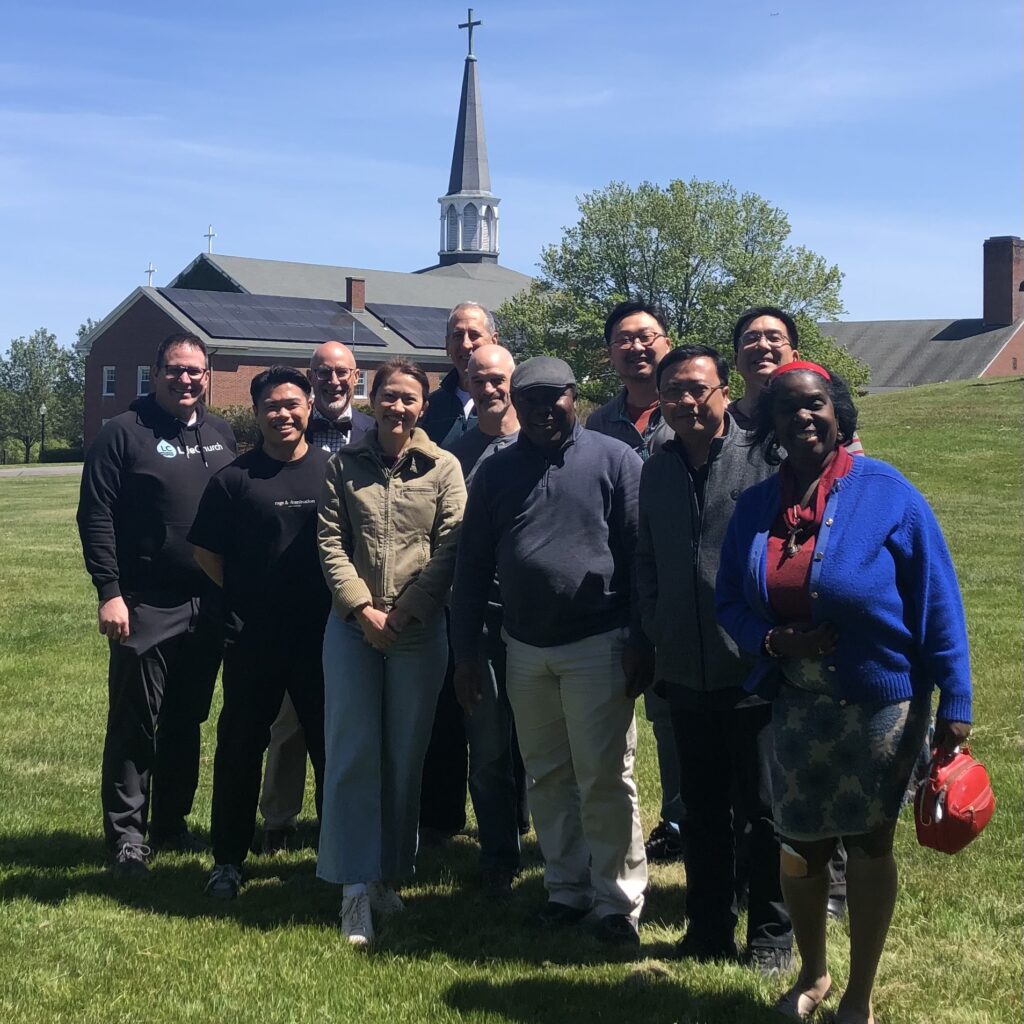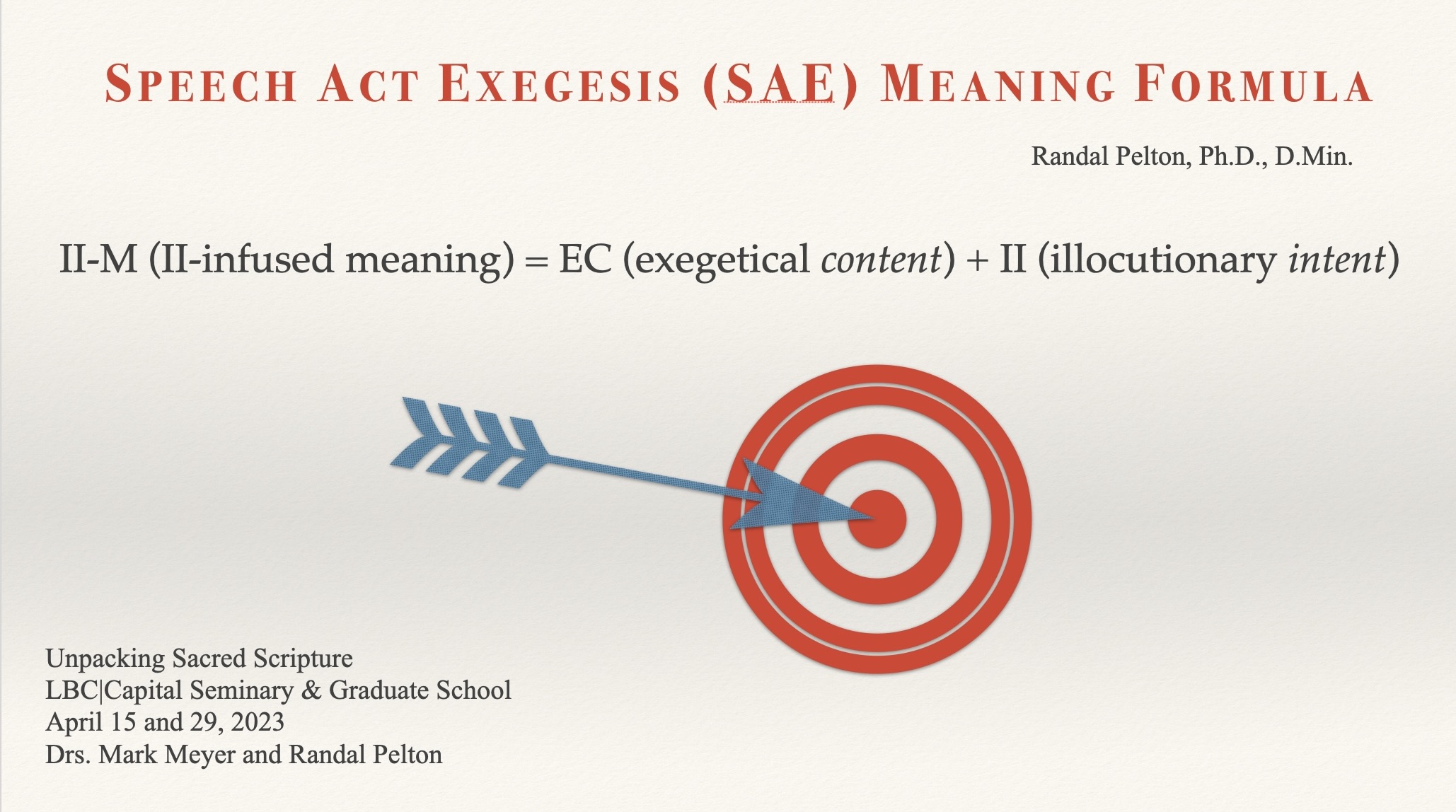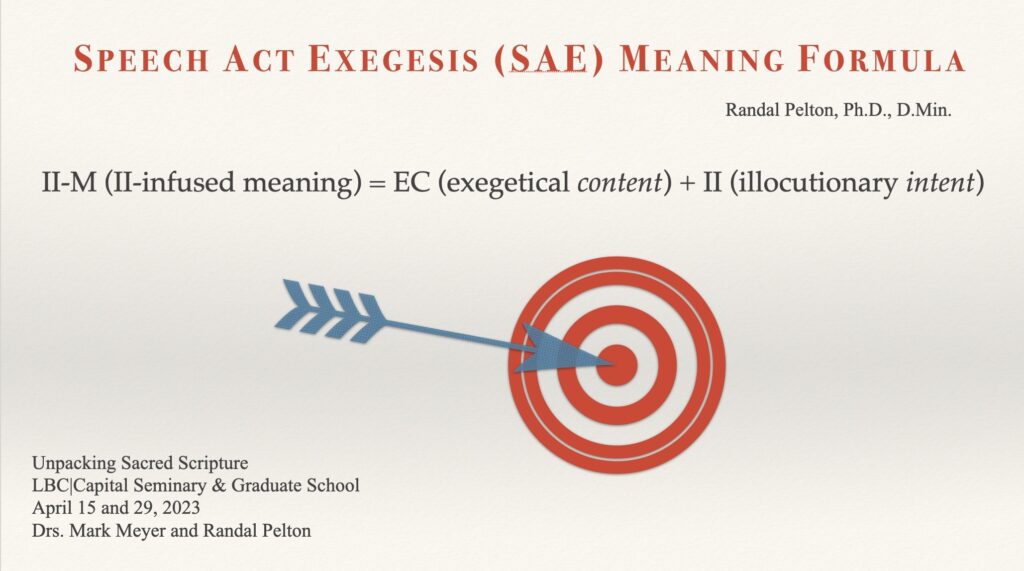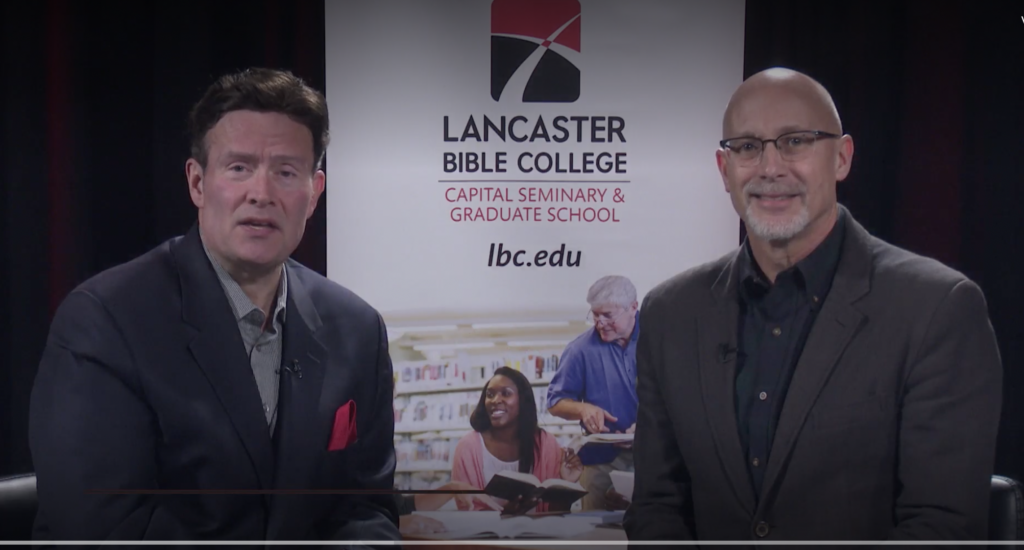This past Sunday, I had the privilege of preaching on Colossians 1:28–2:8 for our summer series, Hard-Working Faith. The Apostle Paul writes about the extreme effort he put into his preaching and teaching.
Colossians 1:29 reads, “For this I toil [the act of preaching Christ by warning and teaching as described in v. 28], struggling with all his energy that he powerfully works within me.”
One of the many things we preachers and teachers do is provide the meaning of a text. It is always important for us to make sure we know what we mean by “meaning.” This is one of my favorite subjects to explore with my students.
Sometimes, when we say a text or portion of a text “means something,” we’re talking about the realm known as implication.
In the case of my preaching portion in Colossians 1:28–2:8, one strong implication is that preaching Christ in a pastoral or soul-watching context requires tremendous energy and effort.
So, there is great value in making sure we move meaning to the level of this implication. One question you can ask the text and then your listener/learners is: Why is preaching Christ in church so difficult? Or, you might ask, “What is it about the nature of preaching Christ that requires such effort?”
In this case, our text does provide at least a partial answer in vv. 4 and 8. Preaching Christ in the context of being a soul-watcher requires great effort because of the threat that false teaching poses to our congregants.
There are times when your selected preaching portion does not answer such a question as we raised above. In those cases, you must look to other Scripture to provide the answer(s) so that you can present the strong implicational meaning.
You will find that your theological depth will increase as you practice identifying implicational meaning and, of course, our Lord’s reputation will increase in the church and world in Christ Jesus (Ephesians 3:21),
Randal
P.S. If you want to explore implicational meaning further, search for a Bib Sac article written by Ramesh Richards.












